Moon Knight opens with one of the most unnerving sights ever seen in the MCU. It’s a truly bizarre scene that sets the tone for a story unlike anything previously attempted by Marvel Studios, and a lead character so weird it’s difficult to imagine them popping up as a guest star elsewhere.
For those not familiar with what, prior to now, could best be described as a fringe Marvel character, it’s worth defining who and what the MCU’s Moon Knight is. Oscar Isaac’s hero suffers from dissociative identity disorder and has two core personalities: timid British gift shop employee Steven Grant and ruthlessly efficient American mercenary Marc Spector. Each of those has a superpowered alter ego, with Grant transforming into the dapper Mr. Knight and Spector into the hooded and caped Moon Knight.
On top of that, there’s Grant/Spector’s connection to the ancient Egyptian god of vengeance Khonshu (winningly voiced by F. Murray Abraham), whose beaky, bandaged presence and booming voice only they can see and hear. Think Tom Hardy’s Eddie Brock/Venom, and you’re most of the way there.
It’s a credit to the Moon Knight team and Oscar Isaac that this complicated character is very easy to understand. Mild-mannered Grant is our viewpoint, and we learn what’s really going on in his life alongside him. That means that if the timid Paddington Bear English accent from the trailer bugged you, you’d better get used to it as it’s not going away (though, as a Londoner, Isaac’s accent sounds dead-on to me).
This voyage of self-discovery is often outright hilarious, as seen in a bravura early action sequence where he quickly switches between the Grant and Spector personalities in a series of fun smash cuts. But though Moon Knight gives Isaac considerable room to flex his comedy muscles, there’s a melancholic undercurrent. Grant/Spector’s condition prevents him from living a normal life: he sleeps tied to a bed, he doesn’t know what day it is, his boss thinks he’s a moron, and he’s allowed to be painfully vulnerable in a way not previously seen in MCU protagonists.
There’s a scene in the first episode in which Isaac’s character orders a steak that’s among the most quietly devastating moments in the MCU to date. Moments like this make you understand why Isaac, who had said he wanted to focus on indie work after Star Wars: The Rise of Skywalker, felt he had to take the role.
The flipside to all this is Ethan Hawke’s Dr. Arthur Harrow, who’s tuned to be the inverse of Grant/Spector: confident, scarily sane, and with a laser focus on his goals. Pieced together from cult leader influences, Harrow’s messianic goal is “eradicating the choice of evil”, and he doesn’t care how many people he has to kill to achieve it. Hawke has a ton of fun as the saintly tomato-sniffing villain who just wants to cure mankind of its ills, though the treatment is going to hurt.
One aspect that’s sure to divide audiences is that it’s apparent early on that Moon Knight is barely an MCU show at all. Over the first four episodes, I heard a single reference to an existing MCU location and saw an Easter egg nod to The Falcon and The Winter Soldier’s Global Repatriation Council. In fact, with it establishing yet another pantheon of forgotten ancient gods, there’s an almost willful avoidance of connective tissue with other Marvel properties.
But for me, Moon Knight being a standalone story is the reason it works so well. WandaVision, Loki, and The Falcon and the Winter Soldier all sat atop the foundations of existing stories, but Moon Knight benefits from being able to carve out its own very idiosyncratic groove without having to shoehorn in references to Thanos or Tony Stark. In many ways, Moon Knight feels like more of a throwback to the Marvel Netflix shows, which took place on the periphery of the central MCU narrative rather than actively taking part in it.
My only real criticisms are that the change in gears from offbeat urban mystery to Raiders of the Lost Ark tomb-raiding action is abrupt, and the show gets a little less interesting once Grant has unraveled the mystery of why his life is a shambles. Going from that to deleted scenes from The Mummy isn’t an upgrade, though a hard swerve into the surreal later in the season leaves me very excited to see what unfolds in the finale.
What also very quickly becomes apparent is that for all the pre-release chatter about Moon Knight dealing with mental illness accurately and sensitively, the depiction of the real-life condition Dissociative Identity Disorder is incredibly comic-booky. Perhaps this shouldn’t come as a surprise given that an ancient Egyptian deity is pulling the strings, but if you’re coming to this show expecting to learn anything about a real medical condition, you’re in the wrong place.
But none of that stops Moon Knight from being the most consistently entertaining Marvel Disney Plus show to date. Having seen the majority of the first season, I’m itching to see how everything resolves, and I’m morbidly curious about what Kevin Feige and company are going to do with a hero this freaky. That’s the future, though. Right now, Moon Knight is here and bodes extremely well for the future of Marvel Studios.
This review is based on episodes 1-4 of Moon Knight, which were provided to We Got This Covered by Marvel Studios and Disney.



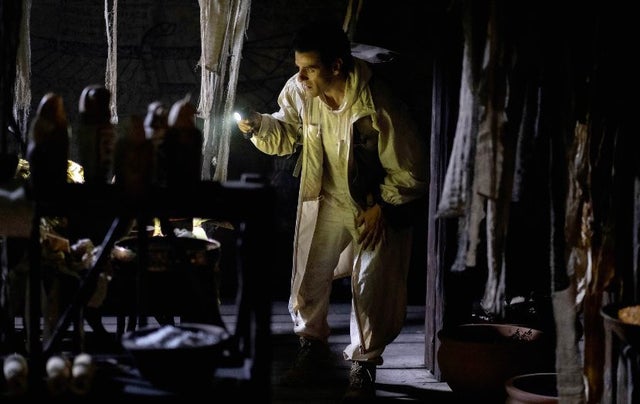
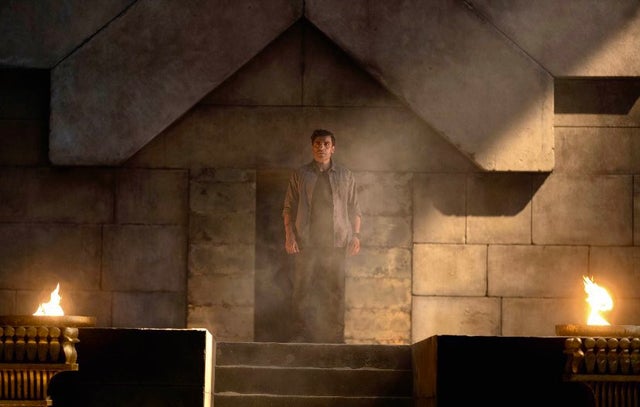

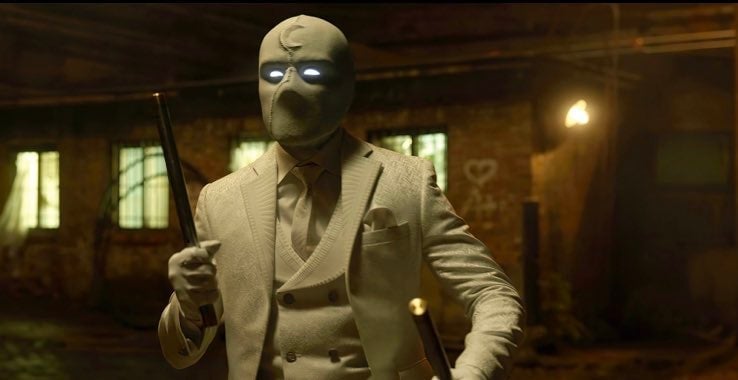
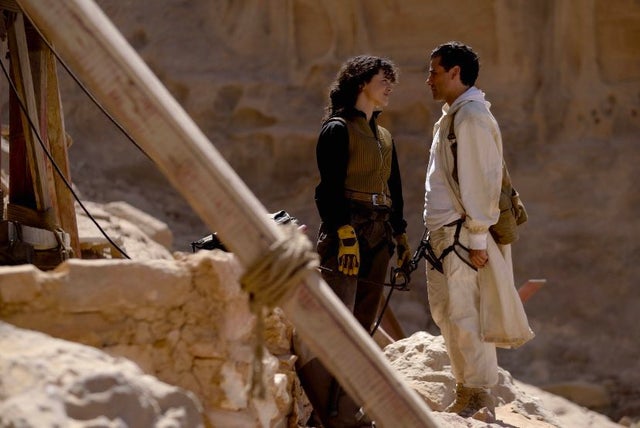
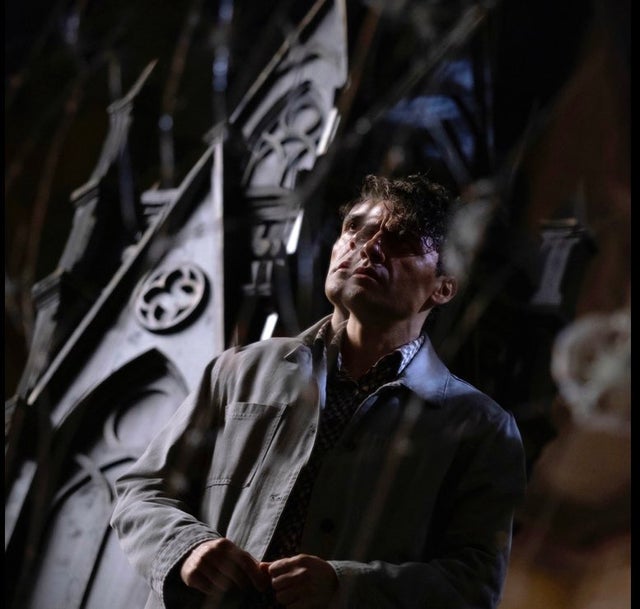

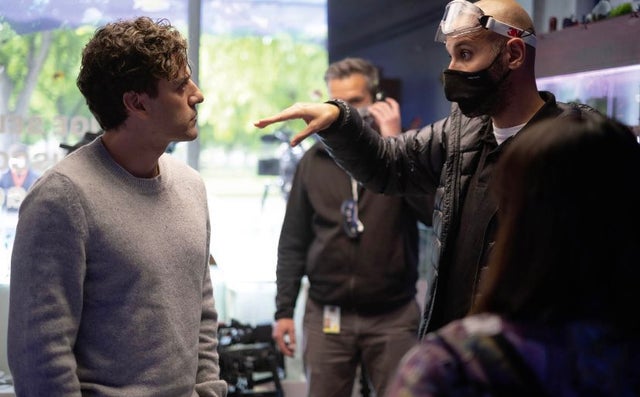
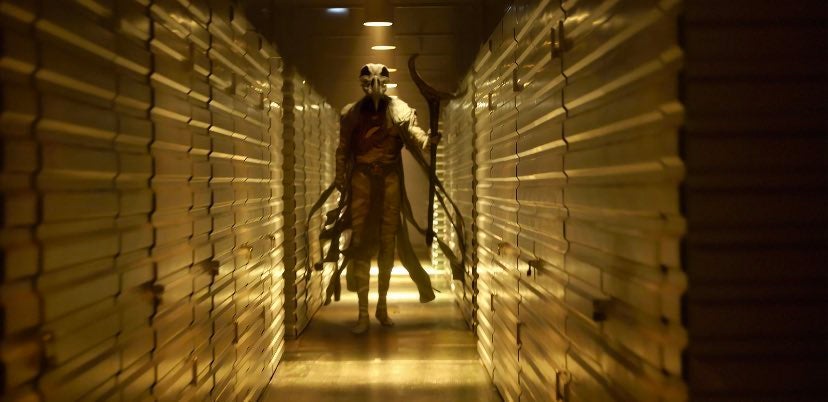

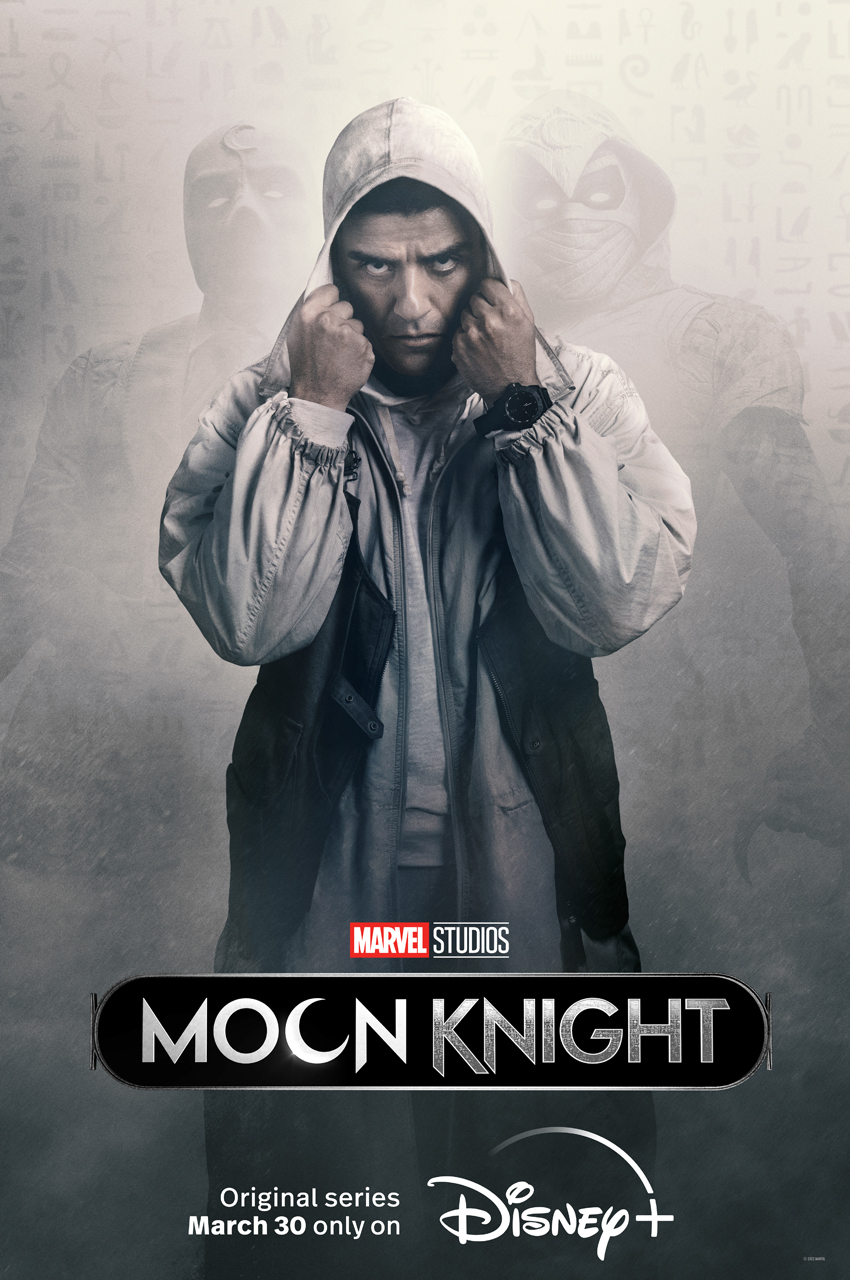
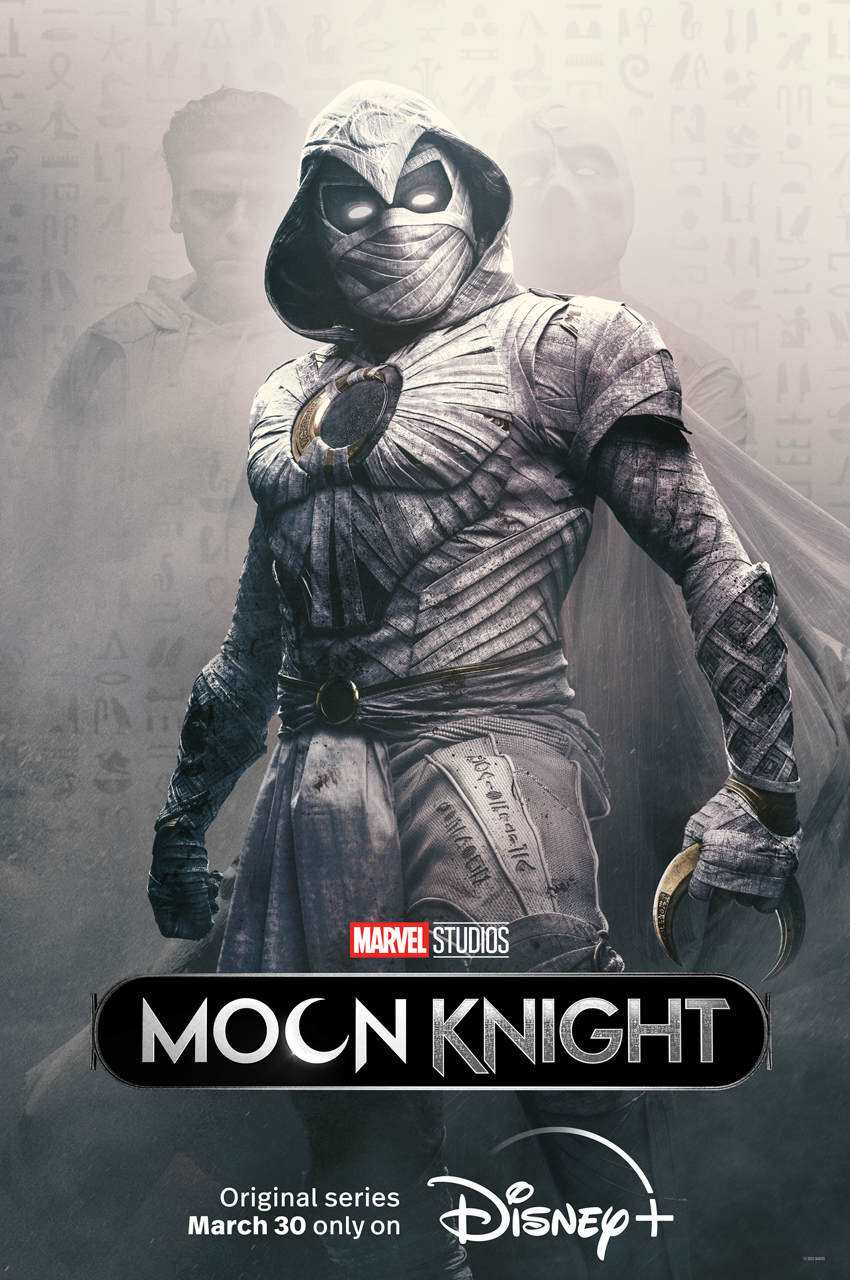
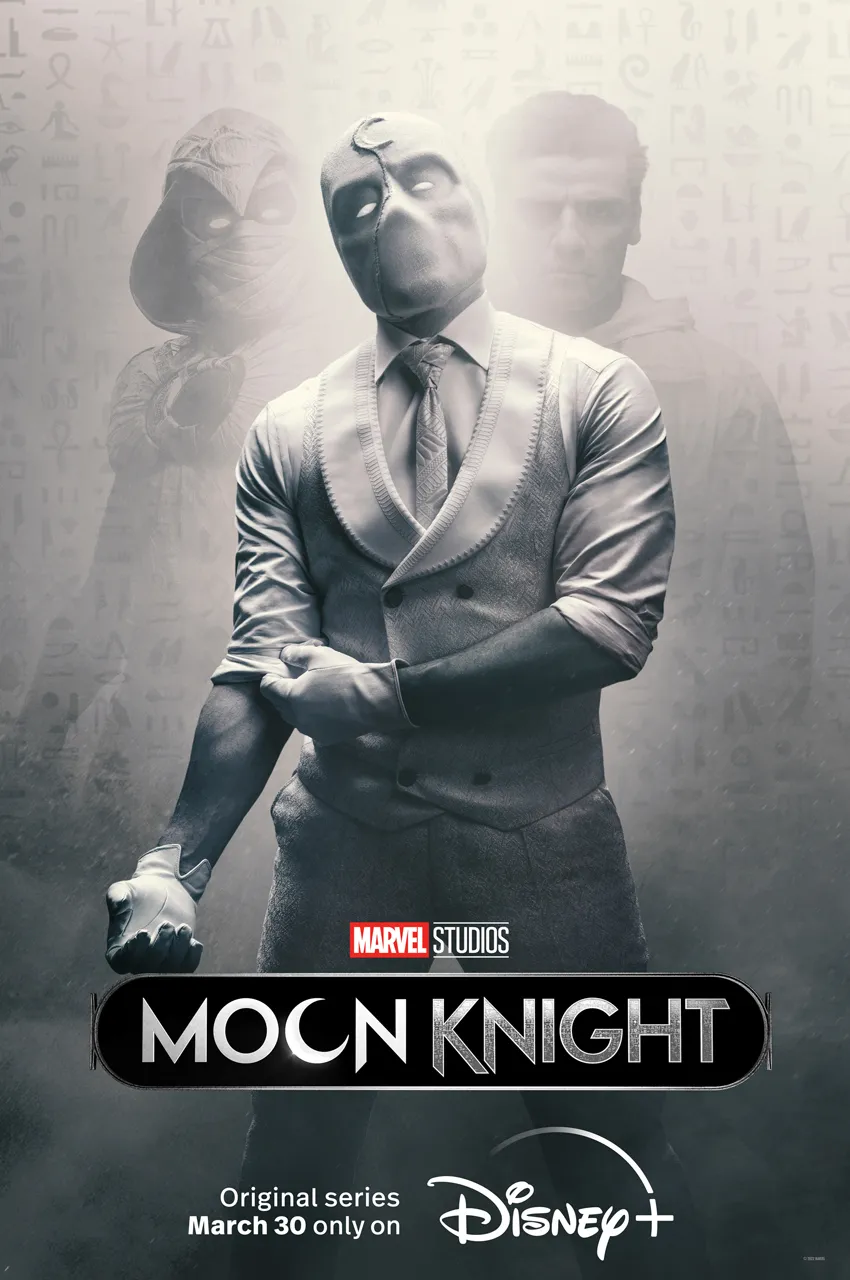
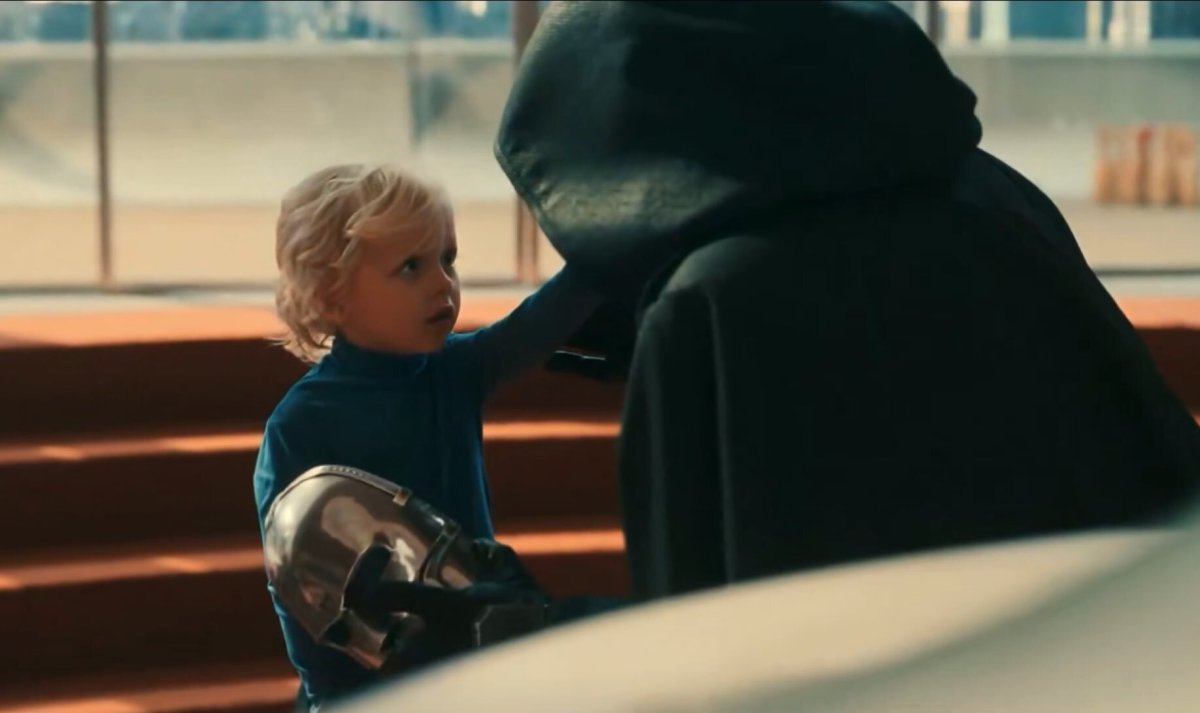
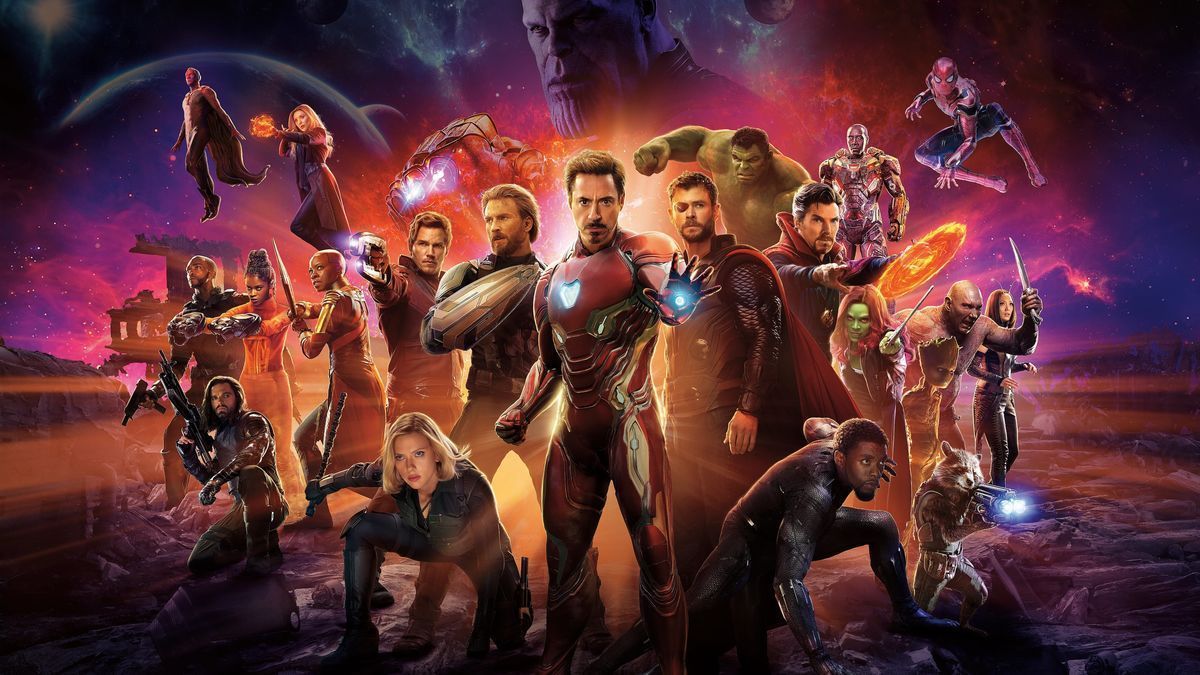
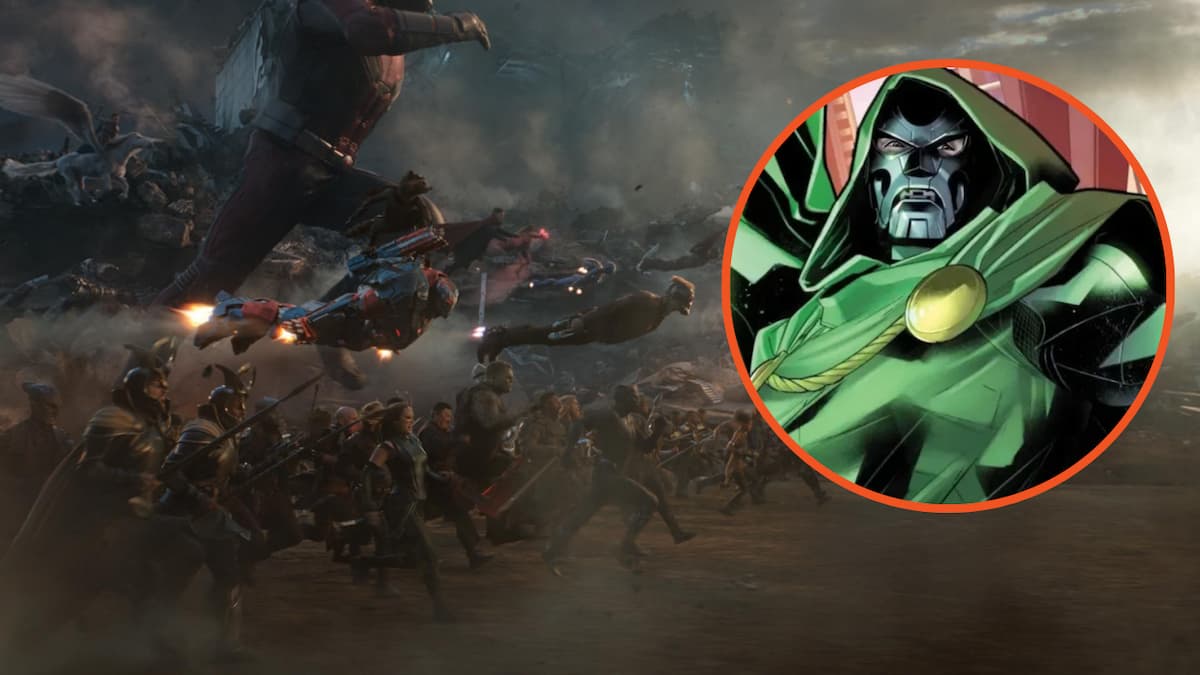
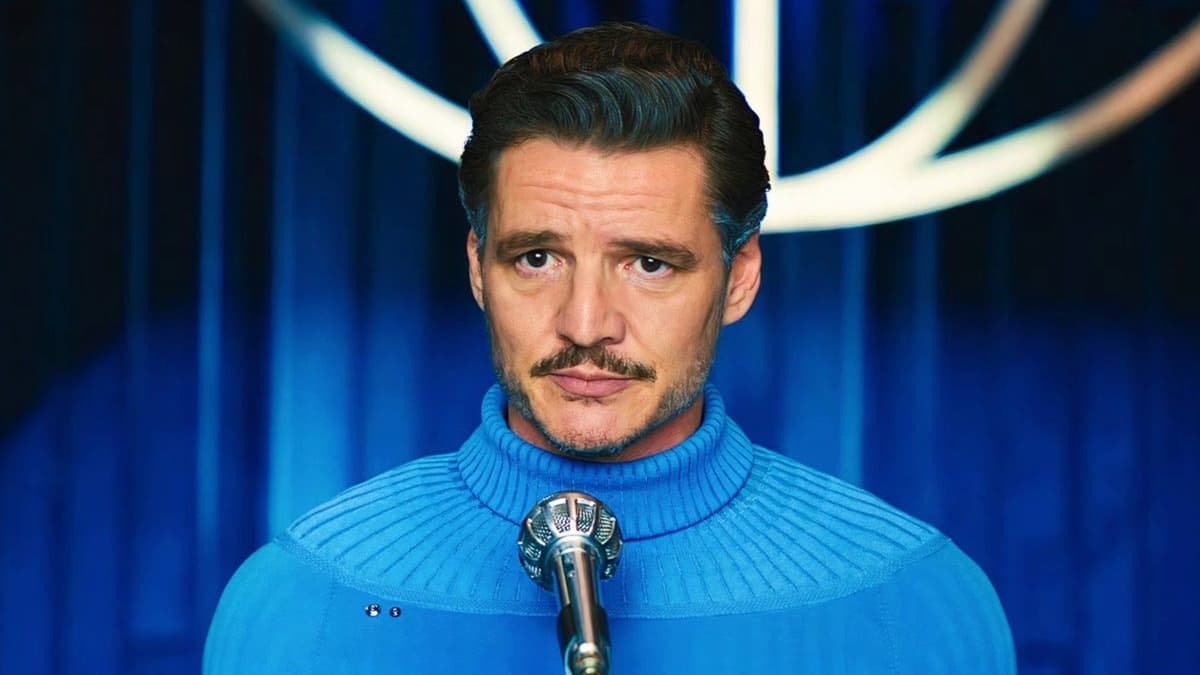

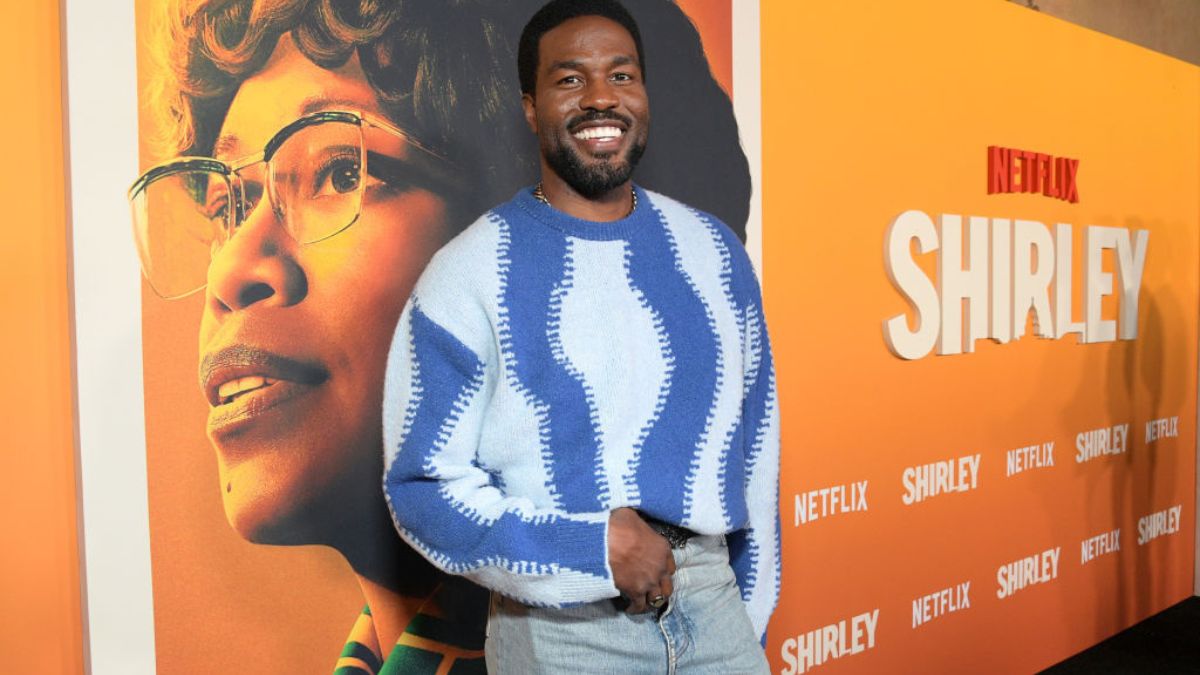
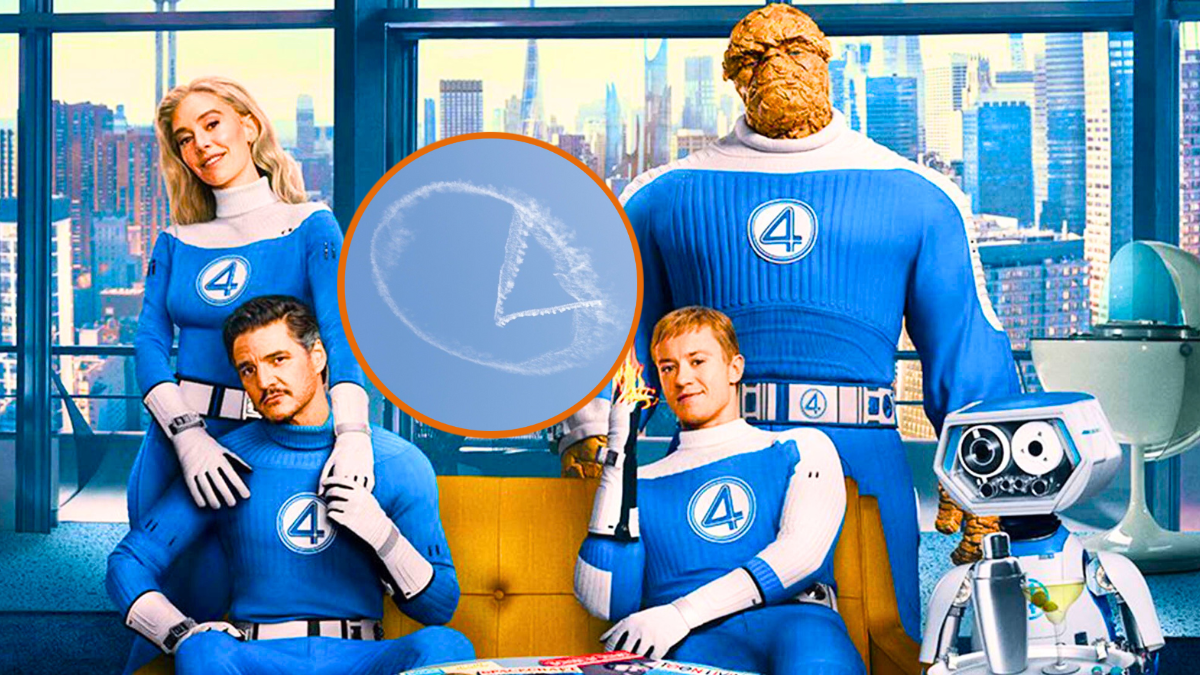
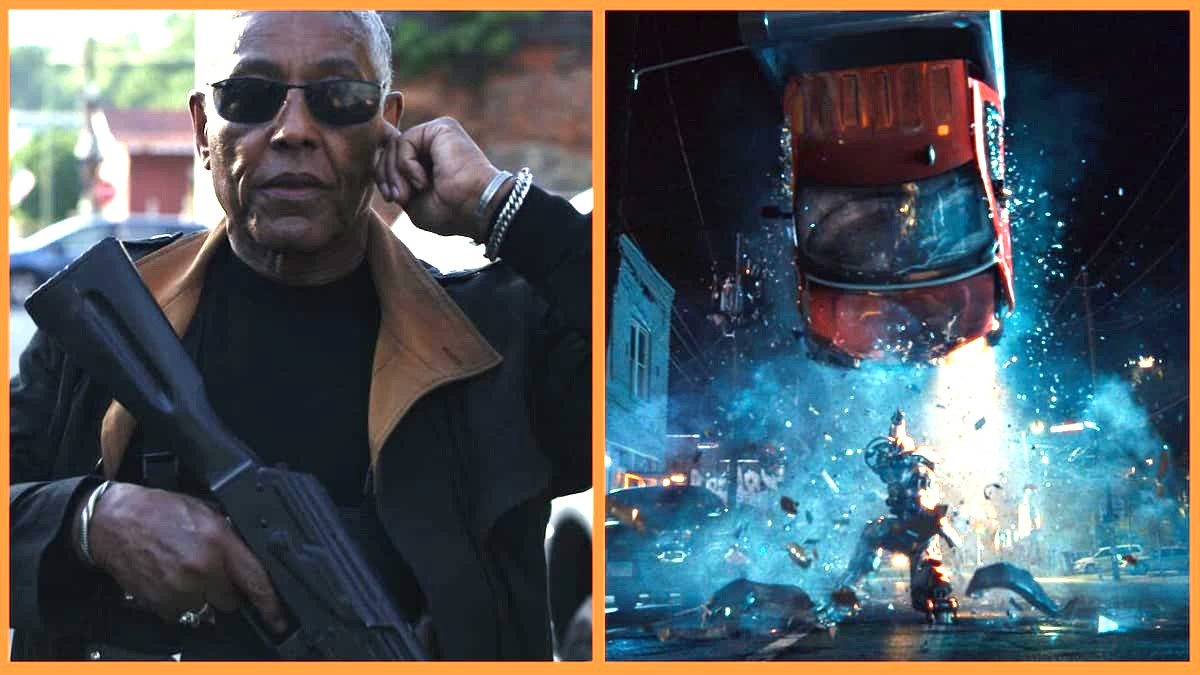

Published: Mar 29, 2022 08:00 am